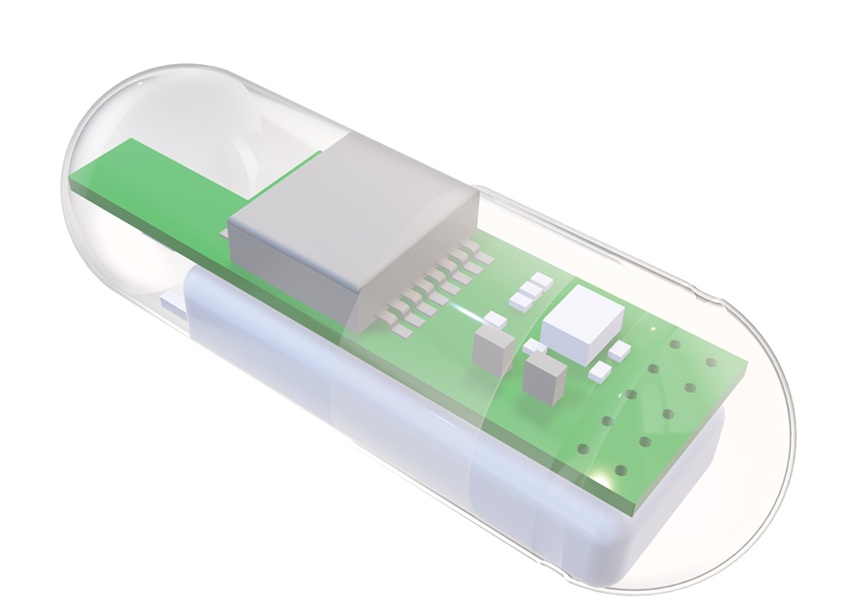Intelligent Software Automatically Assigns Nurses
|
By HospiMedica International staff writers Posted on 27 Sep 2017 |
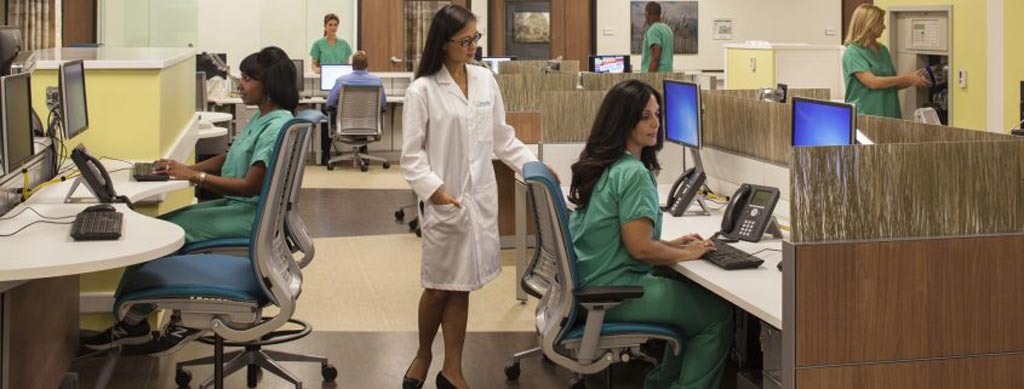
Image: New software matches patients and nurses to adjust workloads fairly (Photo courtesy of MedAdaptus).
A new software program matches patients and nurses by applying a protocol engine intended to tackle the complexities of patient assignments.
The MedAptus (Boston, MA, USA) ASSIGN for Nurses platform replaces the cumbersome manual assignment process that most charge nurses or assistants currently use, which is slow, inefficient, and often unfair because of imbalanced workloads. Instead, ASSIGN automatically taps into a patient census from the electronic health record (EHR), along with data from the hospital’s nurse scheduling software. All major EHR systems and nurse scheduling software programs are compatible.
It applies protocols such as patient acuity, geography, continuity of care, and others simultaneously into order to intelligently match patients with the right nurses. Once the assignment process is completed, the final list is then automatically generated and distributed, either electronically or in print. The entire process takes minutes to complete, and can work in any unit and with any staff size, while at the same time requiring minimal IT staff involvement during implementation.
“Not only can ASSIGN for Nurses handle the complexity of balancing multiple protocols, but it does so quickly and easily,” says Eugene Schneider, President and CEO of MedAptus. “We wanted to create a product that specifically addresses one of the most pressing challenges nurses face. So much is affected by nurse workloads; it’s nice to be able to provide software that dramatically improves such an important nursing function as patient assignments.”
Studies show heavy nurse workloads can have a significant impact on patient safety and satisfaction, length of stays, and readmissions. Imbalanced workloads can also lead to frustration, feelings of unfairness, and even burnout. In 2016, MedAptus also launched ASSIGN for Physicians, which applies similar rules-based algorithms to rounding assignments.
Related Links:
MedAptus
The MedAptus (Boston, MA, USA) ASSIGN for Nurses platform replaces the cumbersome manual assignment process that most charge nurses or assistants currently use, which is slow, inefficient, and often unfair because of imbalanced workloads. Instead, ASSIGN automatically taps into a patient census from the electronic health record (EHR), along with data from the hospital’s nurse scheduling software. All major EHR systems and nurse scheduling software programs are compatible.
It applies protocols such as patient acuity, geography, continuity of care, and others simultaneously into order to intelligently match patients with the right nurses. Once the assignment process is completed, the final list is then automatically generated and distributed, either electronically or in print. The entire process takes minutes to complete, and can work in any unit and with any staff size, while at the same time requiring minimal IT staff involvement during implementation.
“Not only can ASSIGN for Nurses handle the complexity of balancing multiple protocols, but it does so quickly and easily,” says Eugene Schneider, President and CEO of MedAptus. “We wanted to create a product that specifically addresses one of the most pressing challenges nurses face. So much is affected by nurse workloads; it’s nice to be able to provide software that dramatically improves such an important nursing function as patient assignments.”
Studies show heavy nurse workloads can have a significant impact on patient safety and satisfaction, length of stays, and readmissions. Imbalanced workloads can also lead to frustration, feelings of unfairness, and even burnout. In 2016, MedAptus also launched ASSIGN for Physicians, which applies similar rules-based algorithms to rounding assignments.
Related Links:
MedAptus
Latest Patient Care News
- Revolutionary Automatic IV-Line Flushing Device to Enhance Infusion Care
- VR Training Tool Combats Contamination of Portable Medical Equipment
- Portable Biosensor Platform to Reduce Hospital-Acquired Infections
- First-Of-Its-Kind Portable Germicidal Light Technology Disinfects High-Touch Clinical Surfaces in Seconds
- Surgical Capacity Optimization Solution Helps Hospitals Boost OR Utilization

- Game-Changing Innovation in Surgical Instrument Sterilization Significantly Improves OR Throughput
- Next Gen ICU Bed to Help Address Complex Critical Care Needs
- Groundbreaking AI-Powered UV-C Disinfection Technology Redefines Infection Control Landscape
- Clean Hospitals Can Reduce Antibiotic Resistance, Save Lives
- Smart Hospital Beds Improve Accuracy of Medical Diagnosis
- New Fast Endoscope Drying System Improves Productivity and Traceability
- World’s First Automated Endoscope Cleaner Fights Antimicrobial Resistance
- Portable High-Capacity Digital Stretcher Scales Provide Precision Weighing for Patients in ER
- Portable Clinical Scale with Remote Indicator Allows for Flexible Patient Weighing Use
- Innovative and Highly Customizable Medical Carts Offer Unlimited Configuration Possibilities
- Biomolecular Wound Healing Film Adheres to Sensitive Tissue and Releases Active Ingredients
Channels
Artificial Intelligence
view channelCritical Care
view channel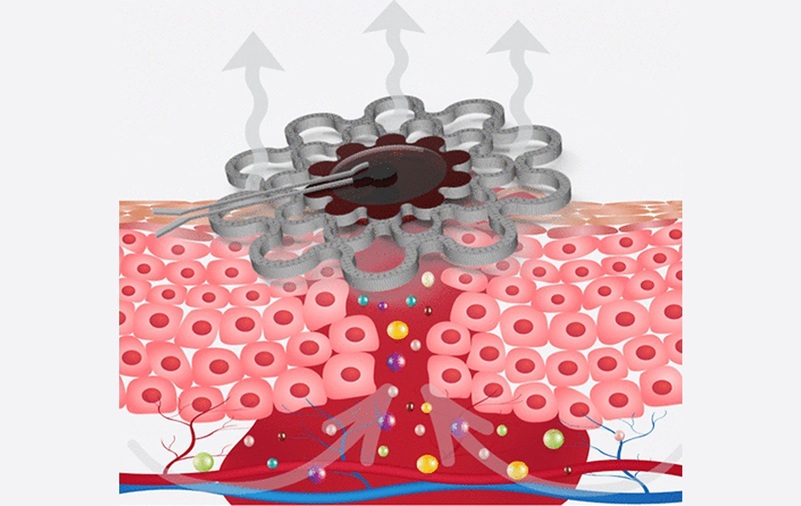
Specialized Dressing with Sensor Monitors pH Levels in Chronic Wounds
Any wound has the potential to become chronic, but the risk is significantly higher in individuals with certain medical conditions. Once a wound becomes chronic, healing slows, complications increase,... Read more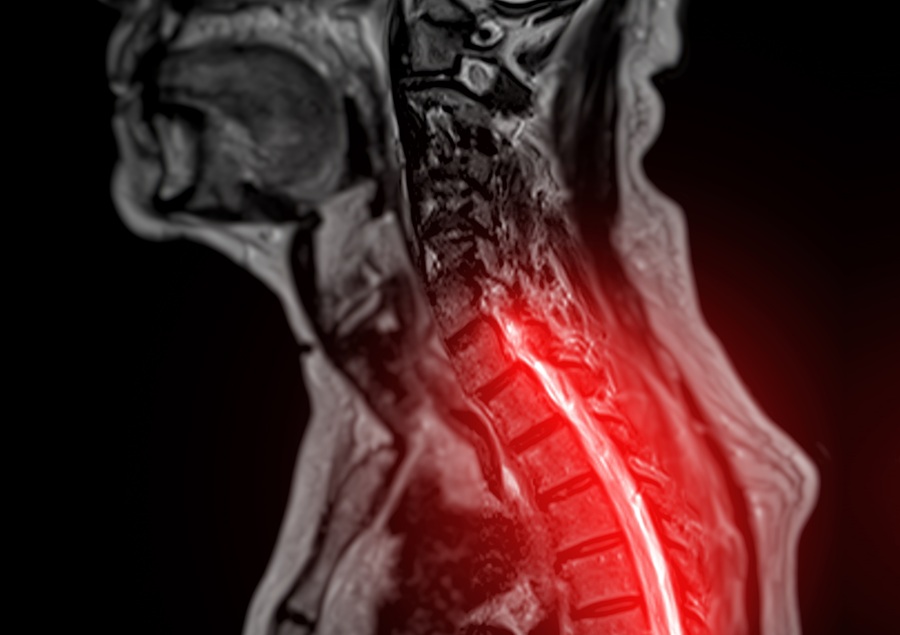
AI Model Could Help Diagnose Spinal Cord Disease Up To 30 Months Earlier
Cervical spondylotic myelopathy (CSM) is the leading cause of spinal cord dysfunction in older adults and occurs when arthritis in the neck compresses the spinal cord. The condition is chronic and progressive,... Read moreSurgical Techniques
view channel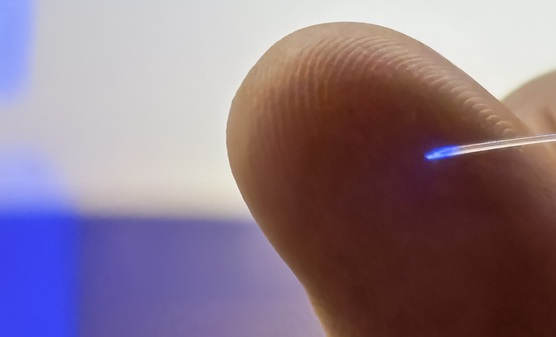
Brain Implant Records Neural Signals and Delivers Precise Medication
Neurological diseases such as epilepsy involve complex interactions across multiple layers of the brain, yet current implants can typically stimulate or record activity from only a single point.... Read moreAI-Based OCT Image Analysis Identifies High-Risk Plaques in Coronary Arteries
Lipid-rich plaques inside coronary arteries are strongly associated with heart attacks and other major cardiac events. While optical coherence tomography (OCT) provides detailed images of vessel structure... Read moreNeural Device Regrows Surrounding Skull After Brain Implantation
Placing electronic implants on the brain typically requires removing a portion of the skull, creating challenges for long-term access and safe closure. Current methods often involve temporarily replacing the skull or securing metal plates, which can lead to complications such as skin erosion and additional surgeries.... Read moreHealth IT
view channel
EMR-Based Tool Predicts Graft Failure After Kidney Transplant
Kidney transplantation offers patients with end-stage kidney disease longer survival and better quality of life than dialysis, yet graft failure remains a major challenge. Although a successful transplant... Read more
Printable Molecule-Selective Nanoparticles Enable Mass Production of Wearable Biosensors
The future of medicine is likely to focus on the personalization of healthcare—understanding exactly what an individual requires and delivering the appropriate combination of nutrients, metabolites, and... Read moreBusiness
view channel
Medtronic to Acquire Coronary Artery Medtech Company CathWorks
Medtronic plc (Galway, Ireland) has announced that it will exercise its option to acquire CathWorks (Kfar Saba, Israel), a privately held medical device company, which aims to transform how coronary artery... Read more
Medtronic and Mindray Expand Strategic Partnership to Ambulatory Surgery Centers in the U.S.
Mindray North America and Medtronic have expanded their strategic partnership to bring integrated patient monitoring solutions to ambulatory surgery centers across the United States. The collaboration... Read more
FDA Clearance Expands Robotic Options for Minimally Invasive Heart Surgery
Cardiovascular disease remains the world’s leading cause of death, with nearly 18 million fatalities each year, and more than two million patients undergo open-heart surgery annually, most involving sternotomy.... Read more













